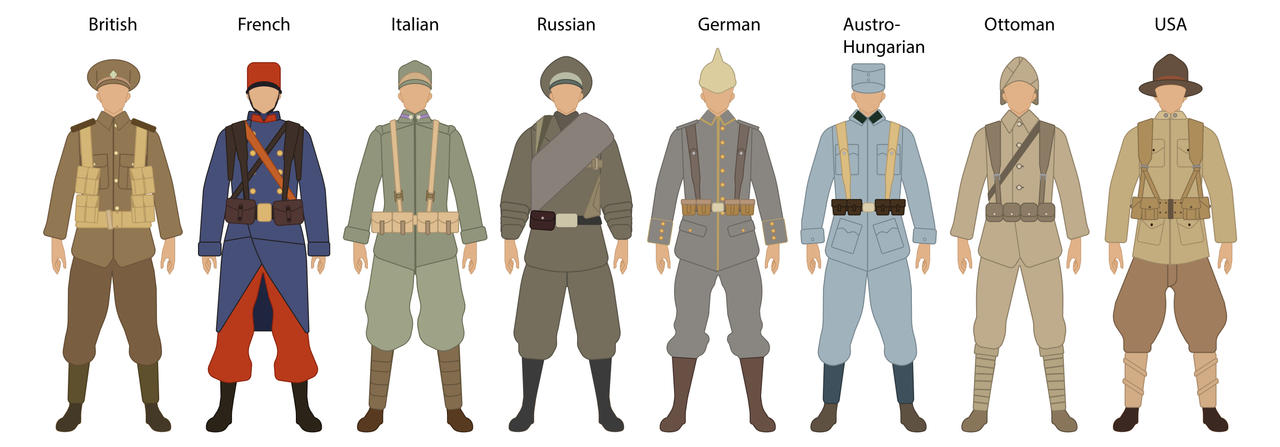Aside from the P.O.D. being pre-1900, there were several lessons learned by the British from the 2nd Boer War. For example:
1) The need for far better quality control at the factories producing the MLEs, especially went it came to the factory zeroed sights. Seriously, many of the accuracy problems the British had was down to their rifles having dodgy sights that couldn't easily be readjusted without an armourer.
2) That the old methods of battle were definitely obsolete, and that the British based units needed to learn how to terrain as cover more effectively. Like the Boers, colonials and India based units did.
3) That, while khaki was a good idea, they needed to stop officers carrying swords into combat, relocate officer's rank insignia from the cuff to the epaulette, and reduce the size of NCO insignia to prevent them all getting shot in the first 5 minutes of the battle.
4) That while the MLE was a good rifle, once the accuracy issues were dealt with, it was a wee bit long and a little too heavy, and the carbine was a teensy bit too short and kicked like a mule on meth. Something between the two, say a universal Short, Magazine, Lee Enfield would be nice. Also, a stripper clip for reloading would probably be a good idea, especially since the idea of issuing more than one or two magazines per rifle was scrapped.
5) That, yet again, a replacement for the standard army ration biscuit was needed. Seriously, troops liked to leave them out in the rain to soften enough to eat, they could hold an edge, and at least one was used as a postcard home from South Africa (it arrived intact).
There were many more. Some more suited to colonial policing, the main role of the British Army, some suited to the possibility of a European war.
So, if there were no 2nd Boer War, the British could still be using the MLE and carbine, rather than the SMLE. Aside from that, I really don't think there would be any major changes or effects on WW1. Why do I think that?
OTL, only the British and Americans had adopted the concept of a universal short rifle. This was due to the respective experiences both had in the 2nd Boer and Spanish-American Wars. No other WW1 combatant, with the possible exception of France, did so until after WW1. France had adopted a short rifle prior to WW1, but only for service by colonial troops in Indo-China. No war = no drive for changing a newly adopted rifle.
In regards to lessons learned by others observing the 2nd Boer War, that is an entirely different kettle of fish. Many of the continental armies considered it to be just another colonial frontier war, similar to the Spanish-American War; interesting as a means to test modern equipment in a combat setting, but not really that important in the context of a European war between Great Powers. It would have also confirmed to the European powers that the main threat from the British would be their navy, not their army, given the problems they had squashing those plucky little Africaaner Boers. This means that not having a 2nd Boer War wouldn't really have that much of an effect on how the continental European nations would conduct the war.
As for Transvaal and Orange Free State remaining independent, they would probably still fall under the economic sway of British South Africa, due to being almost entirely surrounded by British colonies. They would probably stay neutral during WW1. This might have an impact on the East African campaign waged against the German colonies, but not too much of one.
